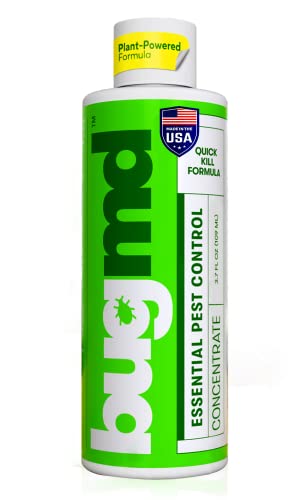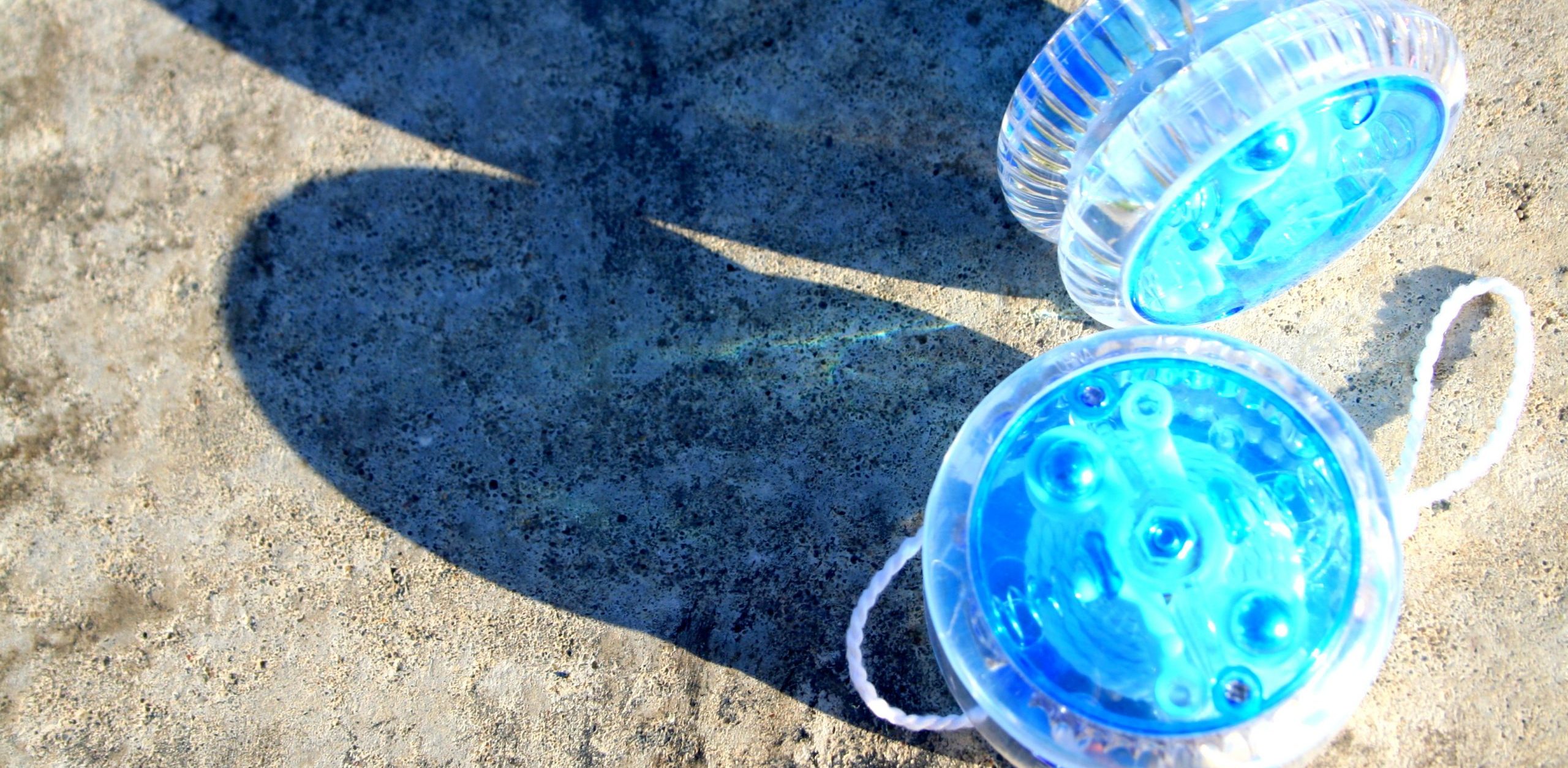Best Bed Bug Killer Reviews Of 2024: Completed List
Brandon Forder Apr 19, 2024 10:36 PM
The presence of bedbugs is not always indicative of filthiness. Bed bugs can survive in any environment as long as there is a human host accessible to serve as a food supply. They are very good at disguising themselves and evading capture, so eliminating them isn't always a walk in the park. They spend the day hiding in crevices and only emerge at night to feed on the host's blood, generally while the host is asleep.
They like to remain close to their host, although they won't mind moving a few feet for a blood meal. Even while bedbug infestations typically start in the area around the bed, the insects will eventually spread throughout the room and take up residence in any cracks or other sheltered areas. They can hitch a ride home with you on your suitcase as well! Unfortunately, certain bed bugs have become immune to the effects of several pesticides. A spray designed to eliminate bed bugs is a must, but which one is best for you will ultimately come down to your own preferences and needs. You can't just rely on sprays to get rid of these pests; you'll need to take other measures as well.

Compare Products
- SCORE9.4
- BrandMGK
- Prime
- SCORE7.6
- BrandHARRIS FAMOUS ROACH TABLETS
- Prime
Last update on 2024-04-19 / Affiliate links / Images, Product Titles, and Product Highlights from Amazon Product Advertising API
Contact vs. Residual
There are two main categories of bed bug sprays, contact sprays and residual sprays.
When a bed bug comes into contact with a contact spray, it is swiftly killed. To swiftly and efficiently eliminate any bed bugs that may have hitched a ride in your suitcase or backpack during your travels, try using this spray. In order to be successful, bed bugs must come into contact with the spray; some contact sprays have a 16-week lifespan.
Residual bed bug sprays are a better option than other bed bug sprays for managing bed bugs at home because the poison takes longer to kill the affected bed bugs, allowing them to transmit the poison to other bed bugs, ultimately killing more than with a simple contact spray.
Ingredients
It’s vital to discover the ingredients of a bed bug spray so that you know what the potential threats are to you and your family, as well as the effects of the spray on the bed bugs. Bed bug sprays typically contain pyrethrins and pyrethroids, desiccants, cold pressed neem oil, chlorfenapyr, neonicotinoids, and insect growth regulators.
The most common active component in pest control products for the home is a pyrethrin or pyrethroid, both of which are derived from chrysanthemum flowers. This doesn't, however, guarantee their safety. These active substances target the central nervous system of the insect, triggering paralysis and then death, therefore make sure to follow the label when applying these items.
The waxy, protective outer covering on a bed bug is broken down by desiccants like diatomaceous earth or boric acid, leading to dehydration and eventual death. Residual sprays for bed bugs typically contain these active chemicals.
The Environmental Protection Agency (EPA) has only approved one biochemical pesticide for use against bed bugs; it is cold pressed neem oil. This is a spray that may be used directly on the pests to kill them on contact, perfect for controlling minor infestations.
Insects must ingest chlorfenapyr for the molecule to become effective as a pesticide. After being consumed, it decomposes to generate a toxic compound that interferes with the bed bug's cellular processes, eventually leading to the insect's demise.
The use of neonicotinoids as a treatment for bed bugs is a recent development. This active element is a synthetic version of nicotine used to cause excessive nerve firing and thus an overload of the nicotinic receptors. Paralysis and eventual death result from this nervous system overload.
There are insect growth regulators on the market that are made to stymie the bed bug life cycle. Altering the formation of the outer shell, which can cause dehydration and death, or stopping further development into adulthood are both possible with these.
Use
Most sprays designed to kill bed bugs are also effective on other surfaces. However, if you need it for a particular task, you need seek out the appropriate formula and application method. Sprays for eliminating bed bugs are typically intended for use on the nest itself, as well as on baseboards, furniture, drapes, and other potential hiding spots for the insects. Bed bug sprays for mattresses are also popular. It's important to note that while many of these formulations can be used on other furniture, some bed bug sprays cannot be used on mattresses due to the potency of various pesticides.
Longevity
The effectiveness of the bed bug spray can be immediately observed after its application. Depending on whether the spray is a contact killer or a residual killer, the bed insect will either die instantly or transmit the therapy to additional bed bugs. Bed bug sprays vary in how long they remain active after being applied, but this has nothing to do with how long it takes to kill the bugs.
As long as the treated area is not cleaned, rinsed, or otherwise disturbed, a bed bug spray will continue to be effective for about 2 weeks following application. The effectiveness of some pesticides against these pests can be maintained for up to 16 weeks, or 4 months, in treated regions. When looking for an inexpensive bed bug spray, it's important to consider how long the product will last.
What is the main cause of bed bugs?
There are several reasons bed bugs could find their way into your house, but the most prevalent cause of bed bugs is travel. The insects sneak into your baggage and clothing from hotel or motel beds, causing them to infest your home if they are not killed quickly, which is why it’s a good idea to spray your luggage outdoors as soon as you return home, and then wash all contents of the bag.
Can you sleep on a bed with bed bugs?
Yes, you can sleep on a bed that is infected with bed bugs, but prepare to wake up to itching, red bite marks. You won’t even feel the bed bug bite or them eating for up to 10 minutes due to a numbing substance in the bite of the insect, but the evidence will be there in the morning.
How do bed bug sprays work?
After application, the insecticides within a bed bug spray function to kill bed bugs on contact, lowering their population and inhibiting reproduction. One of the most important aspects of controlling a bed bug infestation is eliminating the eggs the bugs lay.
How often do you use bed bug spray?
Generally, the effectiveness of a bed bug spray treatment will last for two weeks, with some solutions providing protection for up to 16 weeks. Bed bug powders containing silica can keep working for years, provided they are kept dry.
A professional exterminator should be contacted whenever a bed bug infestation is suspected. Nonetheless, that is not always the case. Exterminators employ strong chemicals to eradicate the bed bugs that can have a lasting effect on your residence and can be damaging to your pets and children.
Exterminators perform a broad spraying technique that means everything in the room gets soaked with these deadly chemicals. These chemicals are harmful for not just the bed bugs but also other living creatures. Think how damaging it will be to your health when you touch a piece of furniture that was sprayed down by the exterminator and then unknowingly touch your face or mouth. The chemical sprays also have a nasty scent and persist long after the bed bugs are dead and gone. It may take up to a month for the odor to completely dissipate from your home.
Many issues have easy-to-implement answers. Many of the choices available to you to get rid of your "little" problem are non-toxic, odorless, pet- and child-friendly, provided you evaluate the infected area and follow the cleaning technique as directed.























